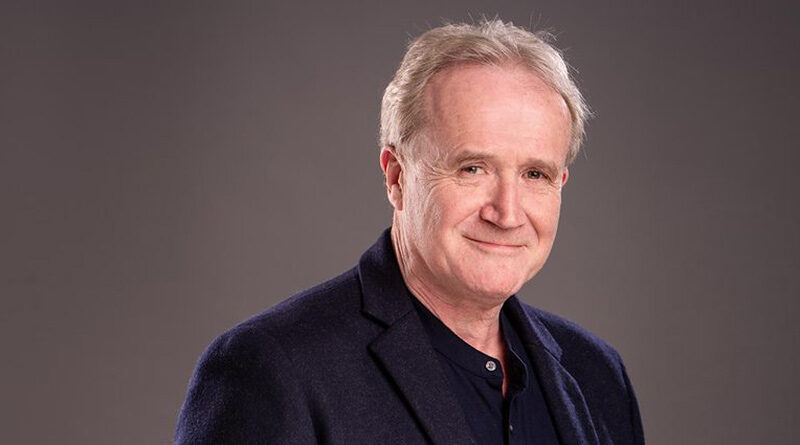Carers Welcome Investment in Digital Care…
…But Warn Other Reforms Mustn’t be Delayed
CARE providers have welcomed Government investment in new technology but warned that major reform of the sector must not be forgotten.
The Government today announced an expansion in the use of technology to aid health and social care in the aftermath of the Covid-19 pandemic.
It includes an increase in remote monitoring, enabling people’s conditions to be monitored at home or in a care setting, freeing up hospital beds.
Care provider organization, The Independent Care Group (ICG) gave a guarded welcome to the new investment.
ICG Chair Mike Padgham said:
“Care providers are amongst the best at embracing the use of new technology to aid care and free up staff time, so this additional investment is welcome news.
“What we have to ensure that it isn’t just window dressing, some headline-grabbing money to disguise the fact that the Government isn’t really tackling the reform of social care provision in this country as it has promised.
“Last week, in the light of by-election defeat, the Prime Minister said he was “listening” – well, if he is listening, hear the voices of the 1.5m people who can’t get the care they need.
“And hear the voices of those providing care in care and nursing homes and in people’s own homes who are struggling to keep providing that care.
“And hear the voices of the staff who, because of a shortage of funding in social care, don’t get the recognition, respect and reward that they deserve.
“Yes, we do need investment in new technology but not ahead of the root and branch reform of social care that many of us have been calling for now for more than 30 years.”
The ICG wants to see social care’s share of the Health and Social Care Levy to be urgently fast-tracked to the frontline to help with staff recruitment, improving staff pay and social care delivery where it is needed.
It also wants to see:
• A root and branch overhaul of the way social care is planned and funded
• NHS care and social care merged and managed locally or nationally
• Extra funding for social care, funded by taxation
• Dementia treated and funded like other high-priority illnesses
• A fixed percentage of GDP to be spent on social care
• Proper pay, conditions and career structure for carers
• Social care businesses to be zero-rated for VAT.





